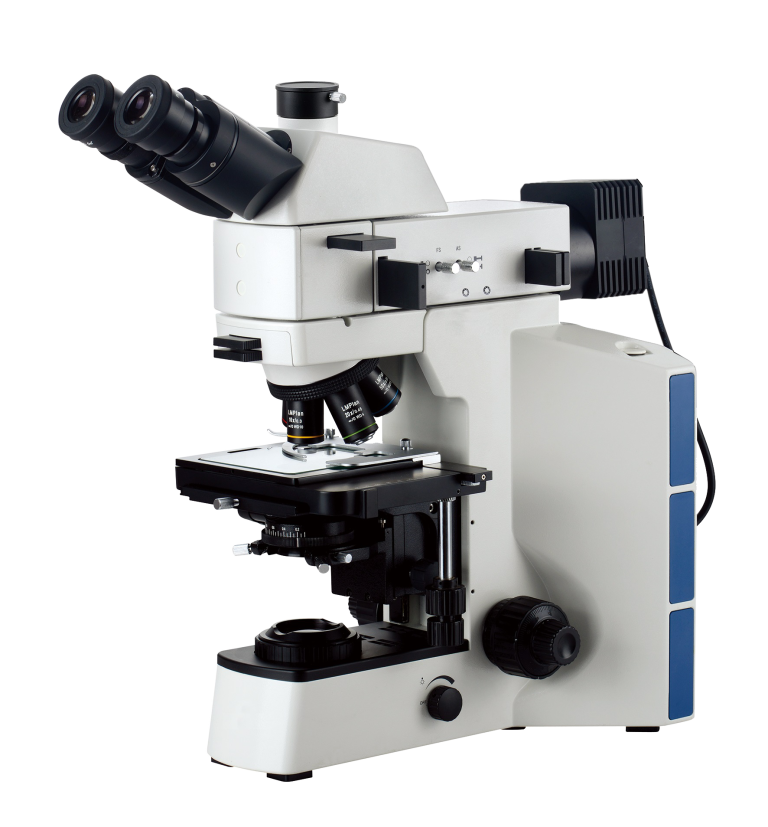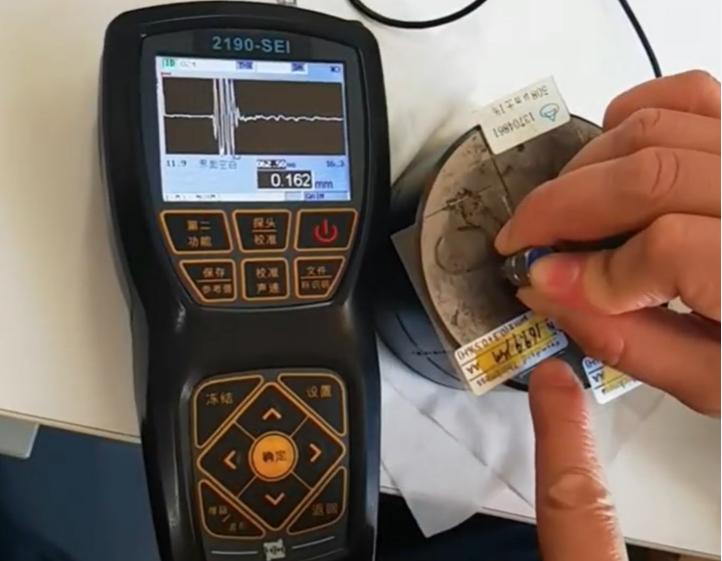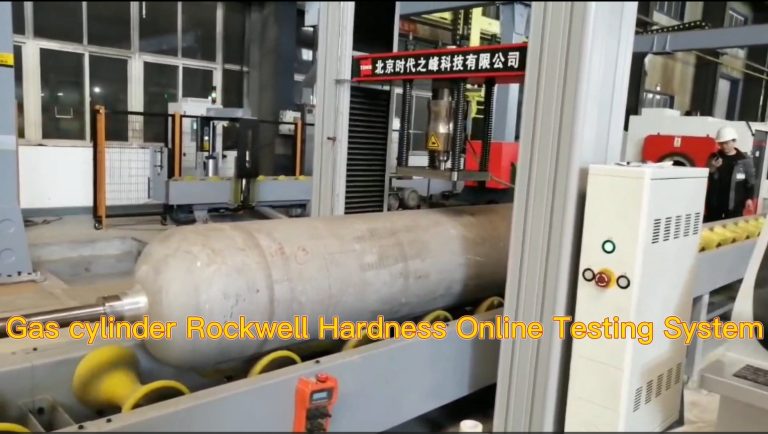In the realm of material testing, hardness is a crucial property that determines how a material will perform under various conditions. Traditionally, hardness testing has been a manual process, involving the use of specialized equipment to measure the resistance of a material to deformation. However, with advancements in technology, the development of online hardness testers has revolutionized the way hardness measurements are conducted.

What is an Online Hardness Tester?
An online hardness tester is an advanced piece of equipment designed to measure the hardness of materials in real-time during the manufacturing process. Unlike traditional methods, which often require samples to be taken away from the production line for testing, online hardness testers can be integrated directly into production lines. This allows for immediate feedback on material properties, ensuring that quality control measures can be implemented instantly.
Benefits of Online Hardness Testing
1. Real-Time Monitoring: One of the most significant advantages of online hardness testers is their ability to provide real-time data. This instantaneous feedback allows manufacturers to detect any deviations in material properties immediately, reducing the risk of defects in the final product.
2. Increased Efficiency: By integrating hardness testing into the production line, manufacturers can save time and resources. Traditional testing methods often involve halting production to perform tests, which can lead to delays. Online hardness testers streamline this process, allowing for continuous operation.
3. Improved Quality Control: With the ability to monitor hardness continuously, manufacturers can maintain tighter control over their production processes. This leads to higher quality products and reduces the likelihood of returns or failures in the field.
4. Cost-Effectiveness: Although the initial investment in online hardness testing technology may be higher than traditional methods, the long-term savings in terms of reduced waste, lower defect rates, and improved efficiency often outweigh the costs.
5. Data Integration: Many online hardness testers come equipped with software that allows for data logging and integration with other quality control systems. This enables manufacturers to analyze trends, make data-driven decisions, and improve overall production processes.
Applications of Online Hardness Testers
Online hardness testers are utilized in various industries, including:
– Metals and Alloys: In the production of steel and other metals, hardness testing is essential for ensuring the material can withstand the required stress and strain.
– Plastics and Polymers: Hardness testing is crucial in determining the performance of plastic materials in applications ranging from automotive components to consumer goods.
– Ceramics: Hardness is a key property for ceramics used in both structural and aesthetic applications, making online testing vital for quality assurance.
The implementation of online hardness testers represents a significant advancement in the field of material testing. By providing real-time data, improving efficiency, and enhancing quality control, these devices are becoming indispensable tools in modern manufacturing. As industries continue to embrace automation and data integration, the role of online hardness testers will only grow, ensuring that materials meet the highest standards of quality and performance.







